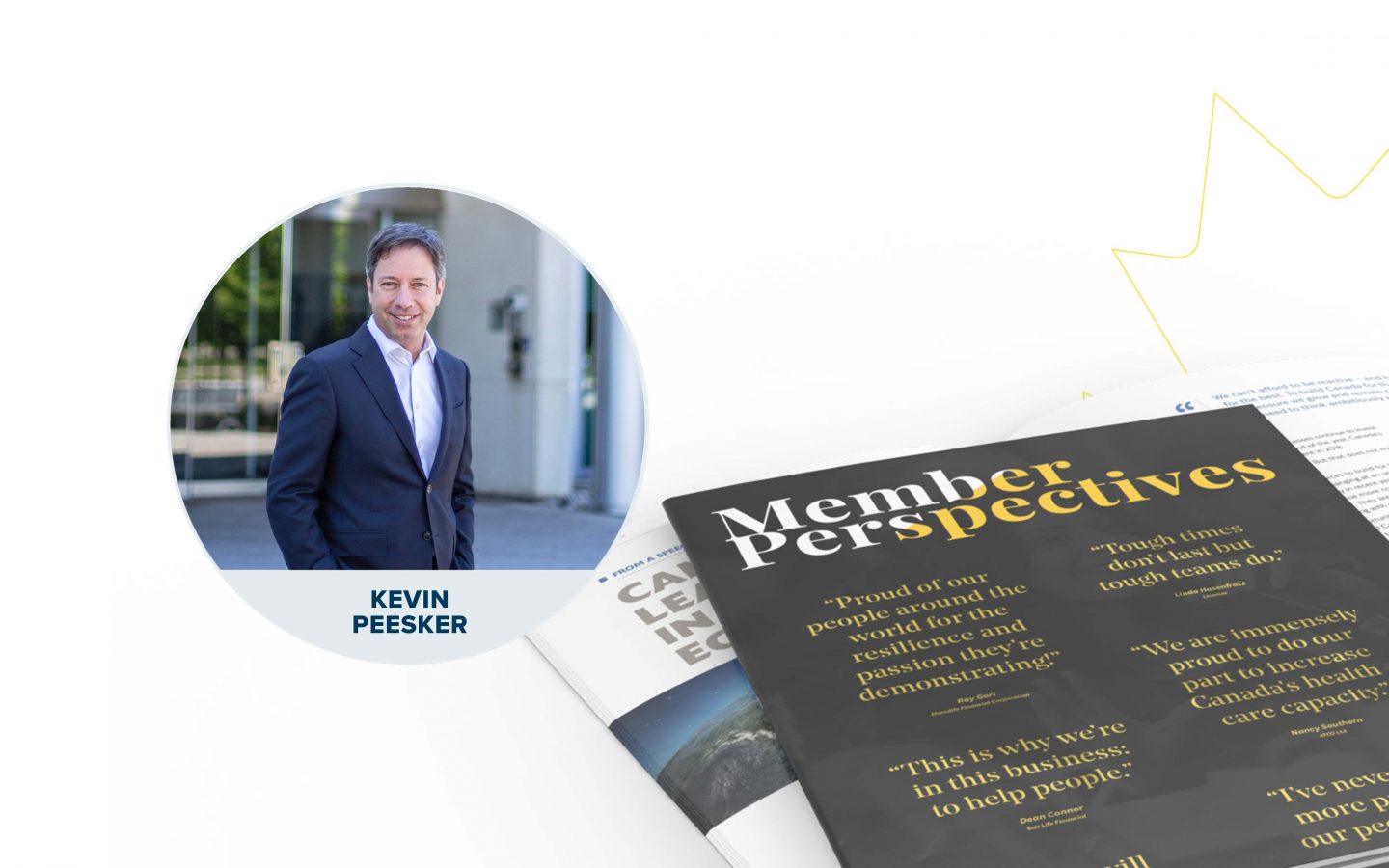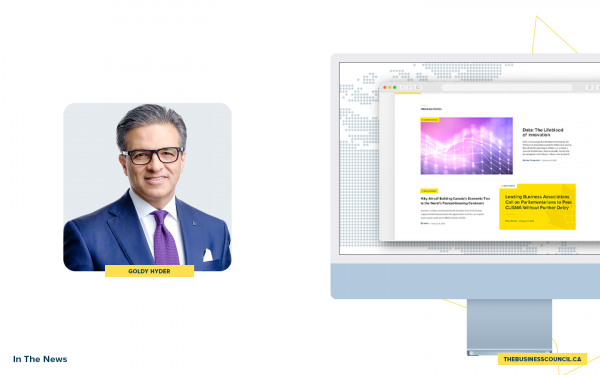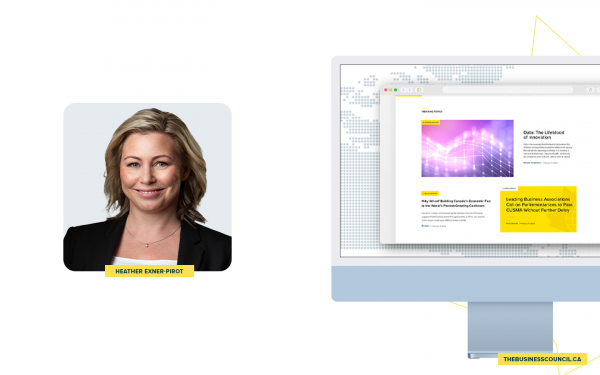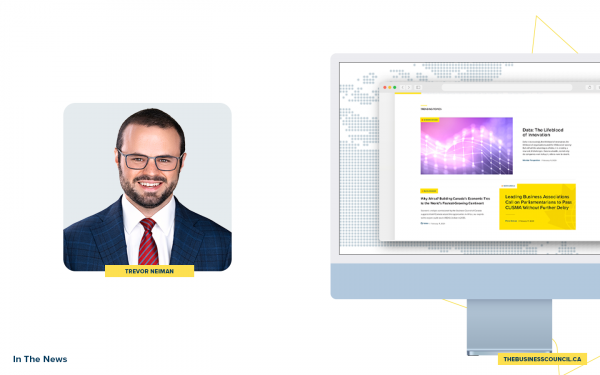Partnering with Indigenous communities to strengthen connectivity
As published by Kevin Peesker on Microsoft Canada’s News Centre site.
In today’s digital era, broadband connections are indispensable. Broadband facilitates many of our most basic needs like access to healthcare, education and employment opportunities. Connectivity is a service that is as critical as a phone or electricity. Improved access to quality, high-speed internet will remove barriers for many rural and remote First Nations communities allowing for further Indigenous economic development. Current reality is uneven distribution of broadband access remains a significant barrier to many rural and remote First Nations, Metis and Inuit communities.
Announcing Coastal First Nations Connectivity (CFNC) Network
Addressing this issue head-on requires cross-industry collaboration. The private sector and public sector must collaborate with Indigenous-led communities to support the regional needs in ways that work for the residents of remote areas. Success can only happen with community-led initiatives. It is critical that the communities most in need are full partners in the process, driving connectivity solutions that work for them, and have access to the resources that are best suited to their needs.
Today we announced that through our work with the Digital Technology Supercluster, we are supporting the Coastal First Nations Connectivity (CFNC) Network. Led by Coastal First Nations, this project will hire and train skilled connectivity community members who will facilitate discussions among communities along British Columbia’s Central, North Coast and Haida Gwaii to access and leverage broadband.
Alongside our partners LlamaZoo, Rogers Communications, First Nations Technology Council, Vancouver Island University, Innovation Island and Taking IT Global, we will work with connectivity leaders to deploy digital infrastructure and on the ground IT training, as well as create community digital upskilling opportunities. This effort will help remove barriers to work, education and healthcare, and empower a path forward for economic development.
Closing the Connectivity Gap
As part of our Airband Initiative, Microsoft has helped deploy high-speed internet connectivity to underserved communities around the world, tapping into the unused broadcasting frequencies of television white spaces. Through our work we understand that simply plugging in an ethernet cable doesn’t solve the digital divide. Rural communities need resources beyond infrastructure to rebuild and empower growth. That’s why much of our work goes beyond connectivity and focuses on increasing access to digital skills. Since the beginning of the pandemic we’ve been able to provide over 1 million Canadians easier access to digital skills training and data to identify in-demand jobs and the skills needed to fill them through our Global Skills Initiative.
Recently, the Government of British Columbia announced an investment to expand the Canadian Tech Talent Accelerator program. Through this program, we are working alongside the Digital Technology Supercluster, NPower Canada and Blueprint to help young people gain in-demand digital skills needed to confidently enter technology careers. With priority given to Indigenous, Black, people of colour (IBPOC), women, 2SLGBTQ+ people, Newcomers and people living with disabilities, B.C.’s investment will provide up to 2,000 B.C. residents access to first-rate digital skills training.
Microsoft stands ready to play our role as a digital ally as we acknowledge and embrace Indigenous identities, cultures and traditional knowledge. There’s still a lot of work to be done to address the connectivity gap and the pandemic has only intensified the digital divide. However, by working together we have an enormous opportunity to put technology to work, promote remote work and foster technology ecosystems in rural and First Nations communities. Combining knowledge with technology, skill-building and education, we believe that we can reimagine a future where every human can experience equality and respect.









